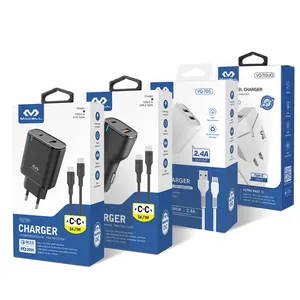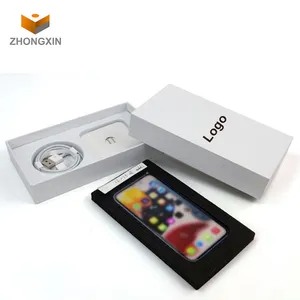In the context of mobile device management (MDM), securing corporate data on mobile phones is paramount. MDM solutions facilitate the protection of applications, data, and content on devices. They enable IT administrators to enforce security policies, such as requiring user authentication to access apps, restricting data transfer from apps, and controlling file sharing capabilities.
A robust MDM program can offer features like GPS tracking, password-protected applications, and the ability to remotely monitor, update, and troubleshoot devices. In cases of theft or loss, these tools also provide the capability to remotely lock or wipe the device, ensuring that sensitive corporate data does not fall into the wrong hands.
Secure mobile management hinges on strong identity and access management (IAM), which manages user identities and regulates access within an organization. This includes implementing single sign-on (SSO), multifactor authentication, and role-based access controls to further safeguard corporate data.
Unified endpoint management (UEM) represents an advanced integration of MDM and enterprise mobility management (EMM), addressing broader security challenges. UEM solutions enable enterprises to secure and manage IT environments comprehensively, ensuring the protection of personal and enterprise data across various devices and platforms.














































 浙公网安备 33010002000092号
浙公网安备 33010002000092号 浙B2-20120091-4
浙B2-20120091-4